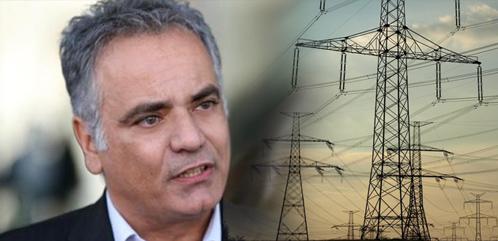Despite occasional talk by leading local authorities of prospective electricity bill cuts for all categories, such as a drop of between six and seven percent mentioned a while ago by main power utility PPC chief executive Manolis Panagiotakis, the truth of the matter is that this would be difficult to achieve under present conditions.
Environment and Energy Minister Panos Skourletis’s mention yesterday of possible electricity bill reductions in 2016 brought the issue back to the fore. The full truth of what he was saying is that such a prospect will be considered if the European Commission grants Greece free carbon emission rights, based on the fact that Greece’s GDP is currently close to 60 percent of the EU average.
Poland was granted free carbon emission rights based on this GDP-linked condition. Greece’s GDP is now down to 62 percent of the EU average, meaning the country’s request for free carbon emission rights stands a chance of being appoved. If this were to be the case, PPC would save 350 million euros in a year if carbon emission rights are calculated at a price of seven euros per ton. The savings would amount to 500 million euros if the CO2 emission rights are priced at 10 euros per ton. Without a doubt, this would represent a major financial bonus for PPC.
PPC’s pricing policy is also being affected by delayed payments from the Public Service Compensation (YKO) account for 2012 to 2014, estimated at 450 million euros. An YKO account is maintained to help cover high-cost electricity production on non-interconnected islands, as well to provide electricity support for vulnerable social groups. The YKO amounts are raised as surcharges imposed on electricity bills, but PPC has faced an escalating level of unpaid overdue electricity bills amid the recession, now at two billion euros.
All the aforementioned matters will need to be resolved before PPC can reduce its tariffs for all consumer categories.





